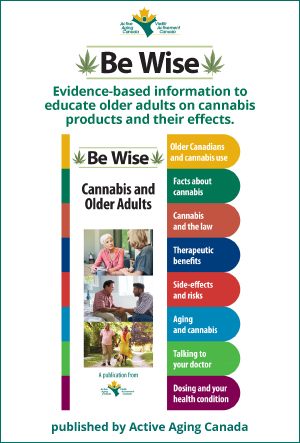Active Living for Healthy Aging
Definition and Meaning of Active Living
In 1997 for the first time, the World Health Organization distinguished that daily physical activity (active living) was a major component of a healthy lifestyle; with substantial physical, social and mental health benefits.
That year, the World Health Organization launched its Global Active Living initiative to promote active living (integration of physical activity into daily routines) with the goal of meeting the global recommendation of physical activity through different practices such as active transportation, gardening or playing with grandchildren.
The world health organization also describes the concept of active ageing, the process of
optimizing opportunities for health, participation and security in order to enhance quality of life as people age. Active ageing aims to extend healthy life expectancy and quality of life for all people as they age; but the word “active” also refers to continuing participation in social, economic, cultural, spiritual and civic affairs, not just the ability to be physically active.
Active Aging Canada sees its role within the scope of this broader and inclusive definition in supporting active aging in Canada. Active Aging Canada's primary focus is on the promotion of physical activity, while recognizing the critical linkages of physical health to staying independent and with social, mental, emotional and spiritual well-being.
Learn about the benefits of active living as you age, and find examples of exercises and activities that are perfect for maintaining and improving health.
Benefits of Active Living
Benefits Increase as Physical Activity Increases
Benefits when starting out:
- meet new people
- feel more relaxed
- sleep better
- have more fun
Benefits from regular physical activity:
- continued independent living
- better physical and mental health
- improved quality of life
- more energy
- move with fewer aches and pains
- better posture and balance
- improved self-esteem
- weight maintenance
- stronger muscles and bones
- relaxation and reduced stress
Active Living Examples
Active living is finding ways to incorporate physical movement into your life. Active living can include exercise, but active living is not necessarily only exercise-type activities.
Active Living Activities Include:
- walking to your destination
- take the stairs instead of the elevator
- yoga
- dancing
- shopping
- housework
- gardening
- cycling
- hiking
- canoeing
- fishing
- volunteer activities
- swimming
- getting out to visit others
- playing with grandchildren
- running a trap line
- golf









